Call it the politics of the moment. Or a willfully myopic view of the American religious experience. The state of a nation at a peculiar crossroads. Whatever the root cause, there’s a prevalent notion lately — a persistent stage whisper on cable news and other forums — that the religious movement in the U.S. is a monolith. That people of faith, particularly of Christian faith, all ascribe to an identical political ideology or harbor unquestioned fealty to the same candidates, however problematic.
Yet there is a cast of crusaders inching religious conservatives toward something more expansive, who through their words and actions ask more from our fellow communities of faith. The 20 men and women on this list don’t all agree with each other. In fact, their disparate approaches and ideas are the point. What they do hold in common is a passion for the kind of discourse that elevates moral conviction over political party, that prizes principles over partisanship.
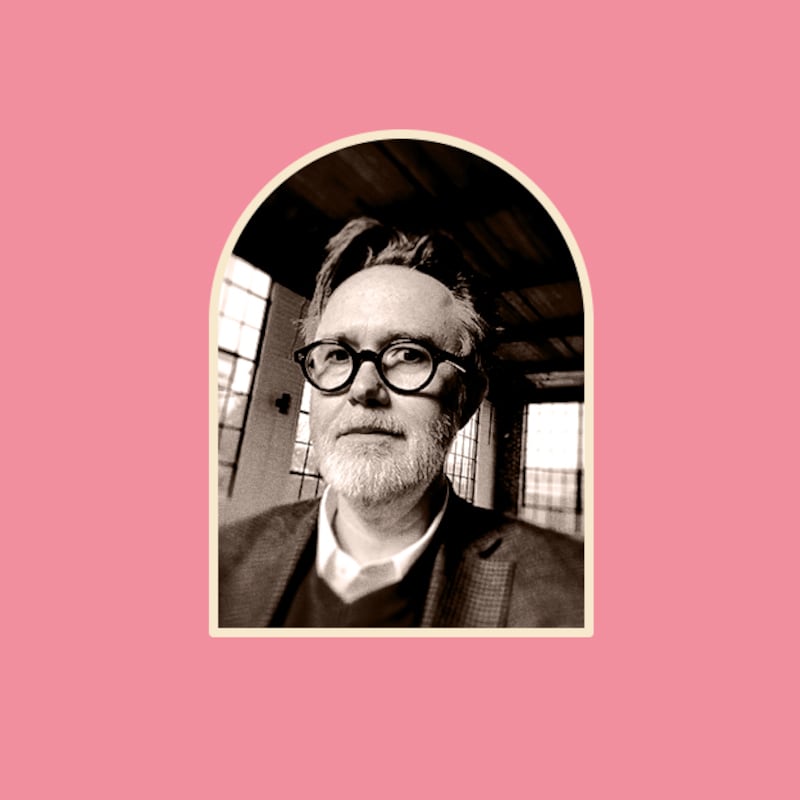
Rod Dreher
The realist
Rod Dreher started his career as a journalist, but these days you could call him a professional Cassandra. Best known for his 2017 book “The Benedict Option,” Dreher says the culture war is over and that people of faith lost. Their mistake now is thinking their main work is at the ballot box.
“People of faith need to abandon the idea that we can vote our way out of this crisis,” Dreher says. “We have to stay involved in politics to protect our religious liberty, but I see far too many Christians who sincerely believe that if we get the ‘right’ people in office and judges on the bench, all will be well. This is dangerous self-delusion.”
Instead, American Christians, confronted with values that contradict their own, must learn to suffer the loss of status and professional opportunities as secularism increases, Dreher says. “Churches are not remotely prepared for what is rapidly coming to us.”
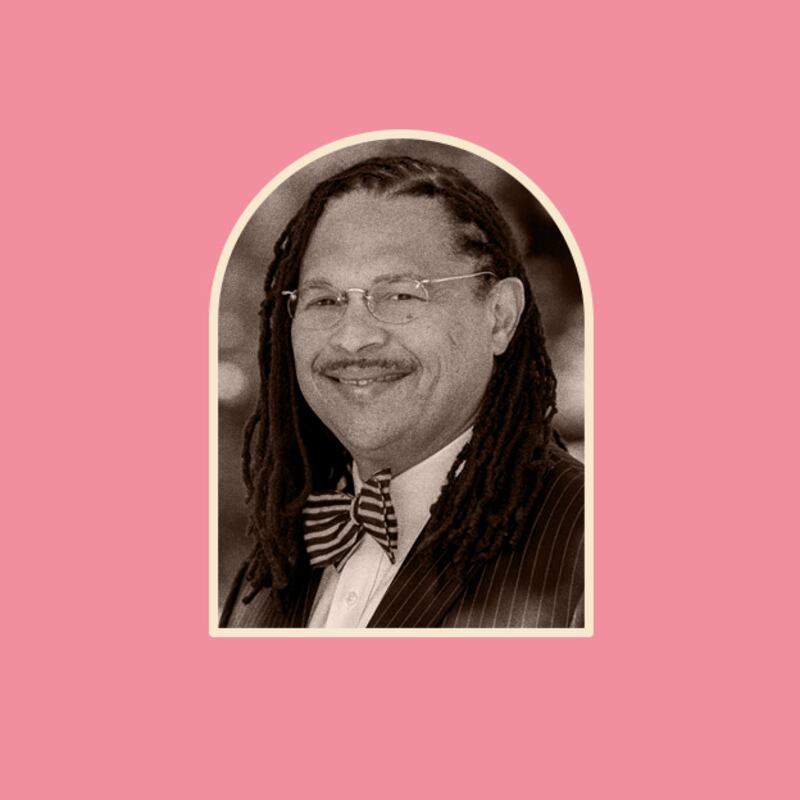
G. Marcus Cole
Religious liberty defender
Dean of the University of Notre Dame Law School since 2019, G. Marcus Cole is a legal scholar whose work focuses on economics and commerce, but brings to the public square a passion for both religious liberty and social justice. “Our mission statement calls us to train a different kind of lawyer, one that has an impact for good, one who is a force for good,” he has said. “We need to pay attention both to the law and to God.”
Cole taught for 22 years at Stanford, but he welcomed joining an institution “where your faith can be on full display.” At Notre Dame, he launched the school’s Religious Liberty Initiative to fight persecution around the world, and increasingly, in the U.S.
“I want people all around the world,” he has said, “to look to Notre Dame for help when their religious liberty is being encroached upon.”
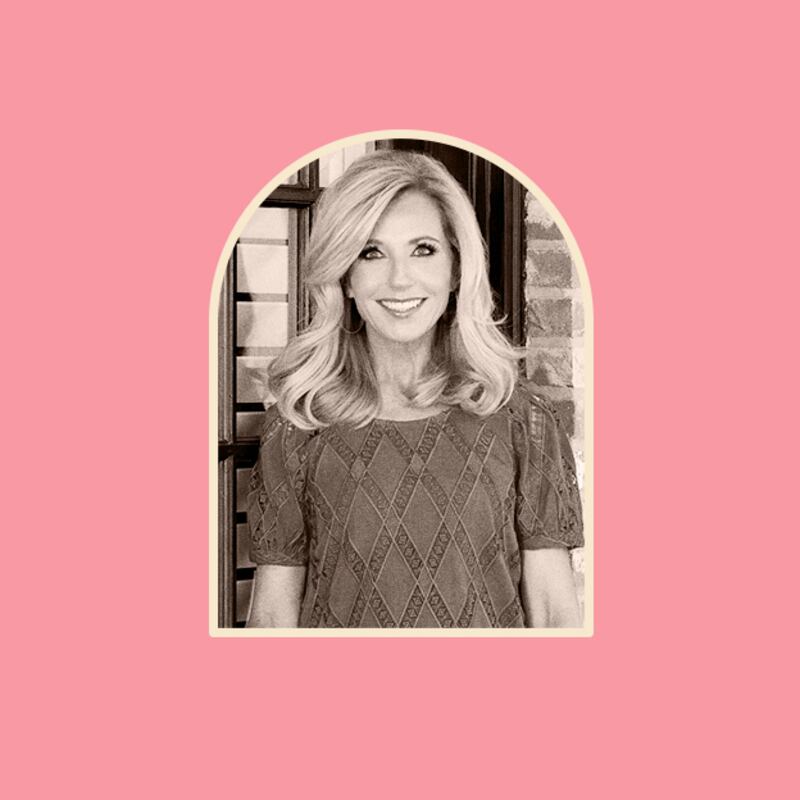
Beth Moore
Unflinching educator
A dynamic Bible teacher as prone to tweet about her oven-fried chicken as her love for Jesus, Beth Moore left the Southern Baptist Convention in 2021 after years of angst over the embrace of Donald Trump by evangelicals. Moore has used her enormous platform (nearly a million Twitter followers) not only to speak out against the former president, but also sexism, racism and nationalism.
Moore is not new to controversy; she is a radical within some circles simply for being a female Bible teacher, and her ministry, Living Proof, lost millions in revenue as her criticism of Trump ramped up. The Houston mother of two remains focused on writing books and teaching the Bible (her latest class was on the book of Philippians) despite being told by some Southern Baptist leaders to, essentially, sit down and “go home.” But, she says, “I am going to serve whoever God puts in front of me.”
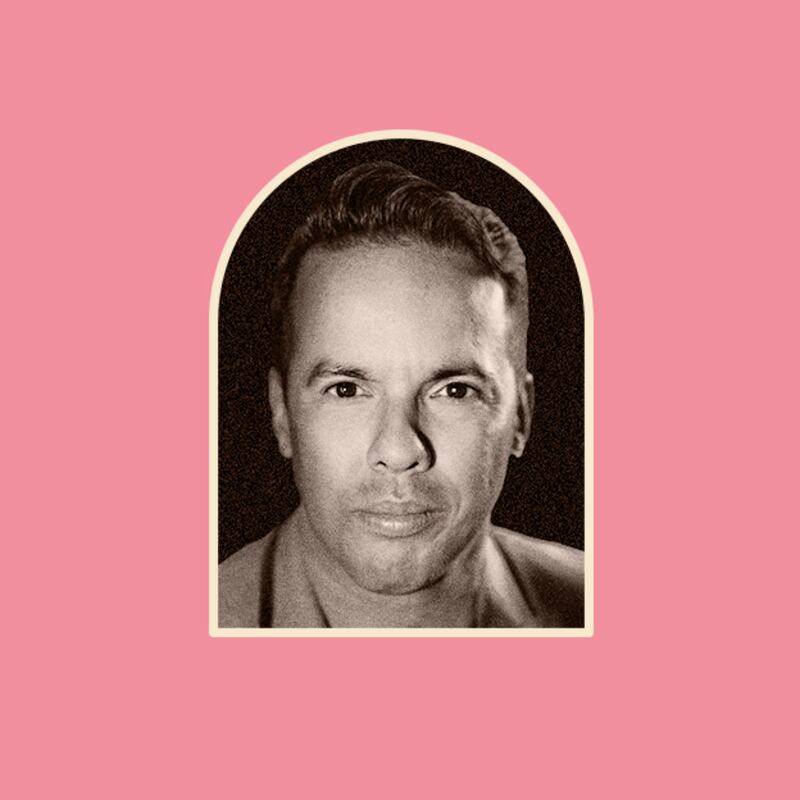
The Rev. Samuel Rodriguez
Political independent
The Rev. Samuel Rodriguez, who leads a megachurch in California and heads the National Hispanic Christian Leadership Conference, is not an immigrant himself, but he champions their concerns. He parlays his unique access to leaders in both parties into meaningful progress on immigration reform.
At times, these efforts complicated his relationship with former President Donald Trump, who abandoned promises to protect “Dreamers,” the young people brought to the U.S. as kids. But the Rev. Rodriguez continues to advocate for putting religious values ahead of partisanship, regardless of which party is in power.
“I offered (the same) solution to President Biden that I’d offered President Trump,” he told Deseret earlier this year. “We should grant those individuals who are not engaged in nefarious activities and do not have a criminal record immediate citizenship.”
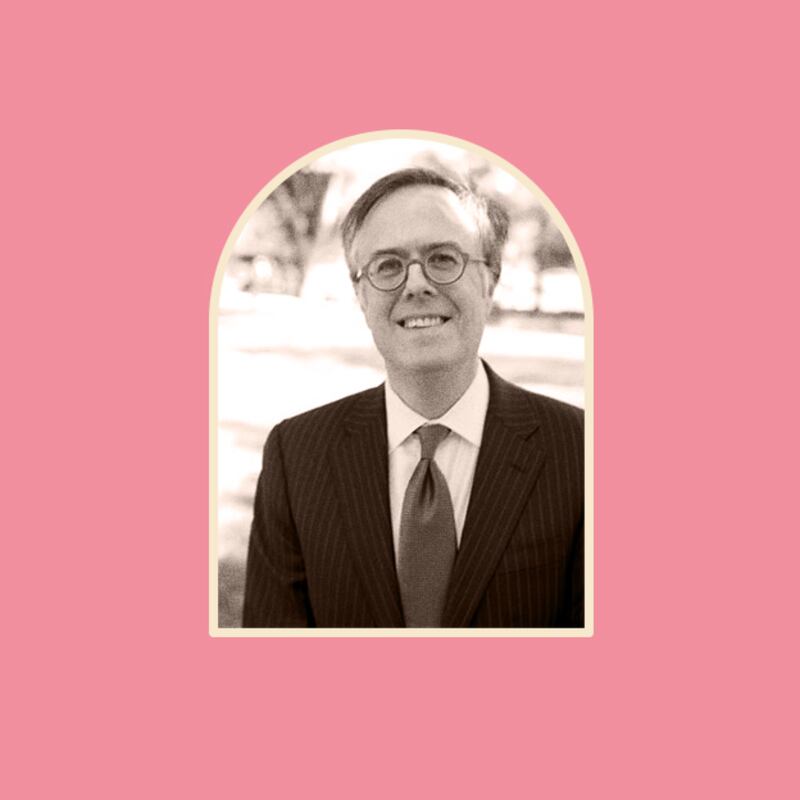
Michael Gerson
Champion of ‘heroic conservatism’
Before he was a columnist for The Washington Post, Michael Gerson wrote speeches for Bob Dole and George W. Bush, and as far back as 2005 he was considered one of the most influential evangelicals in America, so named by Time magazine. He has described the current state of evangelicalism as “tidying up the kitchen while the house burns down” and criticizes his fellow believers as being too angry and “culturally defensive.”
As one of the rare columnists at a major newspaper who writes frequently about his religious faith, he advocates for what he calls “heroic conservatism” and a GOP built on principle. He warns, however, that right now, “Only one party in the United States is committed to liberal democracy.” And that party is not, alas, the GOP.
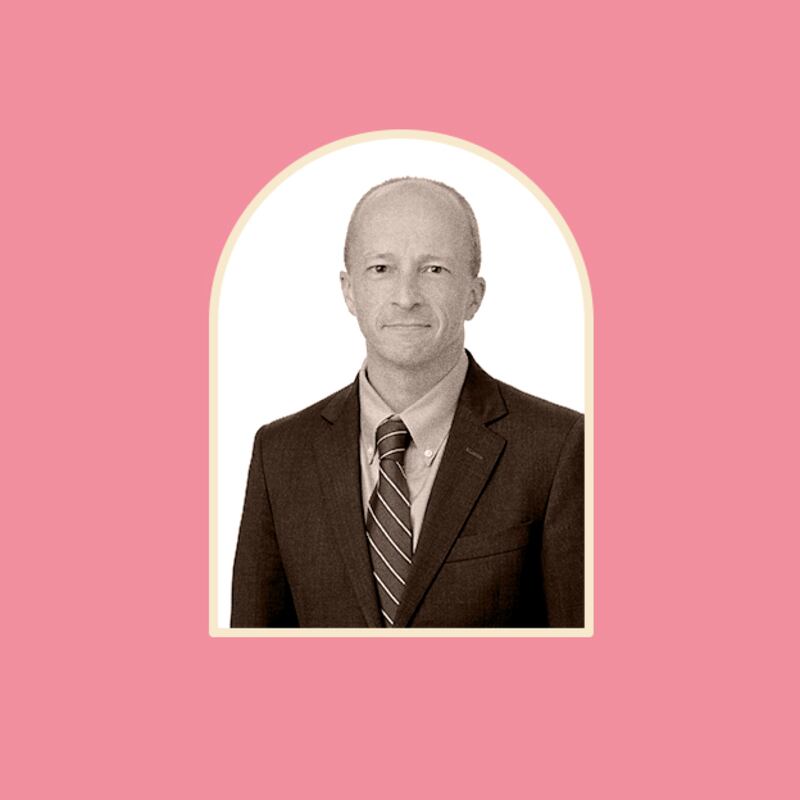
Yuval Levin
Coach for the offense
The decline of organized religion has put many faith groups in a defensive crouch. They’ve stopped trying to combat cultural ills and focused, instead, on protecting themselves. To Yuval Levin, a Jewish political analyst and author, this situation cannot stand. In his writing and speaking, he calls on conservative believers to stop apologizing for who they are and what they believe and refocus on the important work of transforming the world.
“Our religious institutions need to show ... that they are capable of addressing (culture’s) deficiencies — that they can speak with legitimate authority and be counted on to do the work of molding souls and shaping character,” he wrote last year for Deseret.
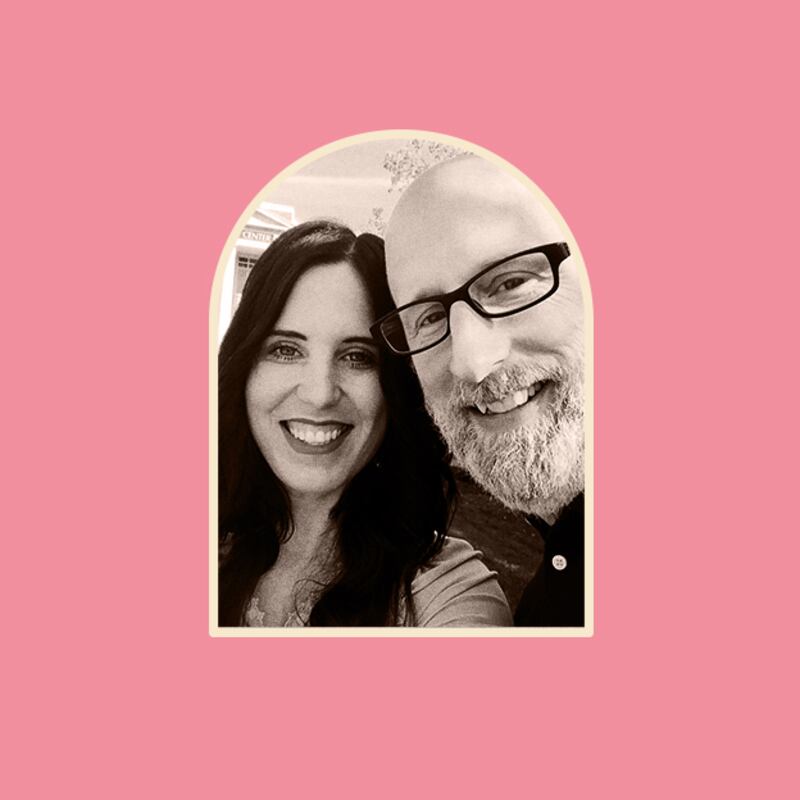
Nancy French and David French
The mavericks
In 2008, David French, the constitutional lawyer turned public intellectual and writer, and his wife, author Nancy French, led the group “Evangelicals for Mitt.” People with similar political views, they maintained, don’t have to agree on fine points of theology.
Now, in the post-Trump era, they argue for more moral courage, for standing up to politicians and movements that don’t represent religious conservative values.
“If you had told my Sunday School teacher in the 1980s that the white evangelical church would make moral compromises for a presidential candidate who’d made a cameo in ‘Playboy Video Centerfold,’ that teacher would not have believed it,” Nancy says. “But white evangelicals moved as a group, and very few people were willing to take a stand and say, ‘No, this isn’t right’ or ‘No, I won’t do it.’”
America can’t afford to splinter along ideological lines, David contends in “Divided We Fall,” his 2020 call for a new commitment to pluralism, which warns “Geography plus culture plus fear equals secession.” But neither, he says, should conservatives be afraid to “punch right” at extremists who seek to justify political violence with their faith.
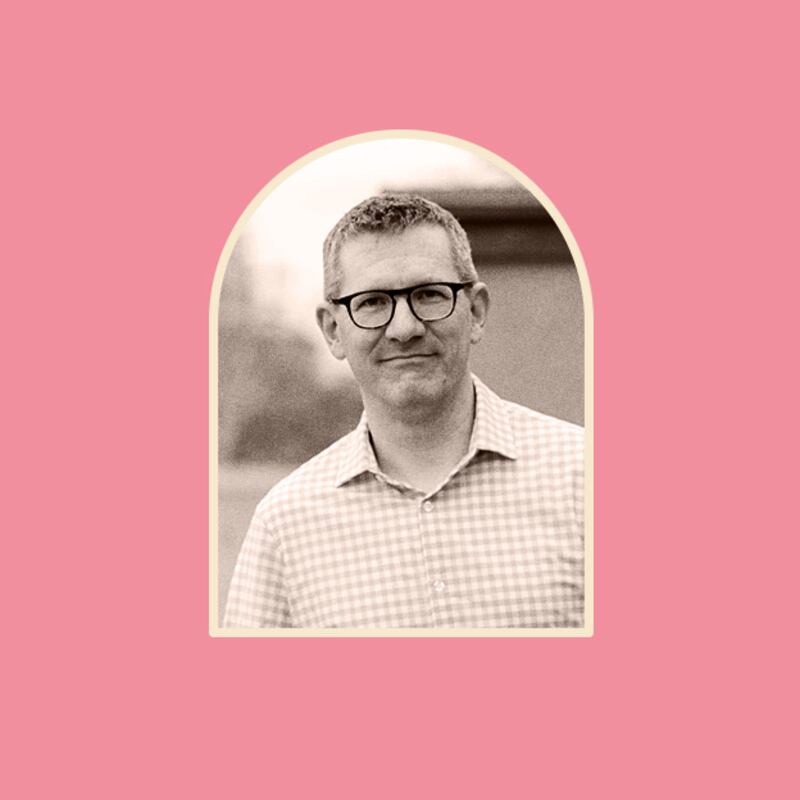
Andy Crouch
The culture whisperer
Rather than complain about the culture, people of faith need to be building their own, Andy Crouch argued in “Culture Making,” the 2013 book that sparked Praxis, a startup accelerator for Christian entrepreneurs with a vision for a business or a nonprofit. A former editor of Christianity Today, Crouch is best known for advocating for a more measured approach to technology. His new book, “The Life We’re Looking For,” expands on his earlier ideas and argues for people to reimagine our solitary ways of living, to return to communities built around households that may include extended families and even friends.
“In Manhattan, two-thirds of people live in studio apartments with a single occupant, and there’s so much loneliness,” he says. “We have to rebuild physically where we live so we’re living close to people we trust and who can really know us at all stages of life.”
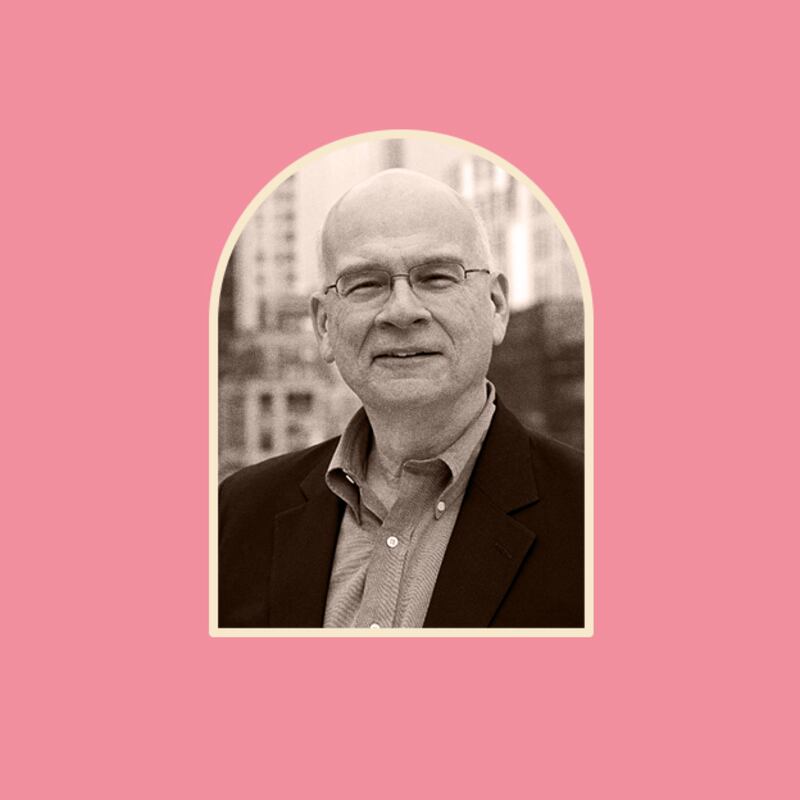
The Rev. Tim Keller
Purveyor of hope
The founding pastor of Redeemer Presbyterian Church in New York City, the Rev. Tim Keller has inspired tens of thousands in person and on YouTube. He was recently described in The New York Times as having one of “the most impressive and important minds in the evangelical world.”
While undergoing treatment for stage 4 pancreatic cancer, Keller continues to evangelize and lay out his vision for a new evangelicalism that is intellectually robust, committed to racial justice and equipped for a post-Christian culture.
Loving our neighbors, as Jesus instructed, requires political involvement in order to build a society that is just and good, Keller says. “But it’s my belief that the social teaching of Christianity does not line up well with our current political parties.” Instead, he calls for believers to embrace “a striking combination of biblical values” that represent both conservative and liberal positions. His most recent book, “Hope in Times of Fear,” exudes his confidence in the church’s capacity to change.
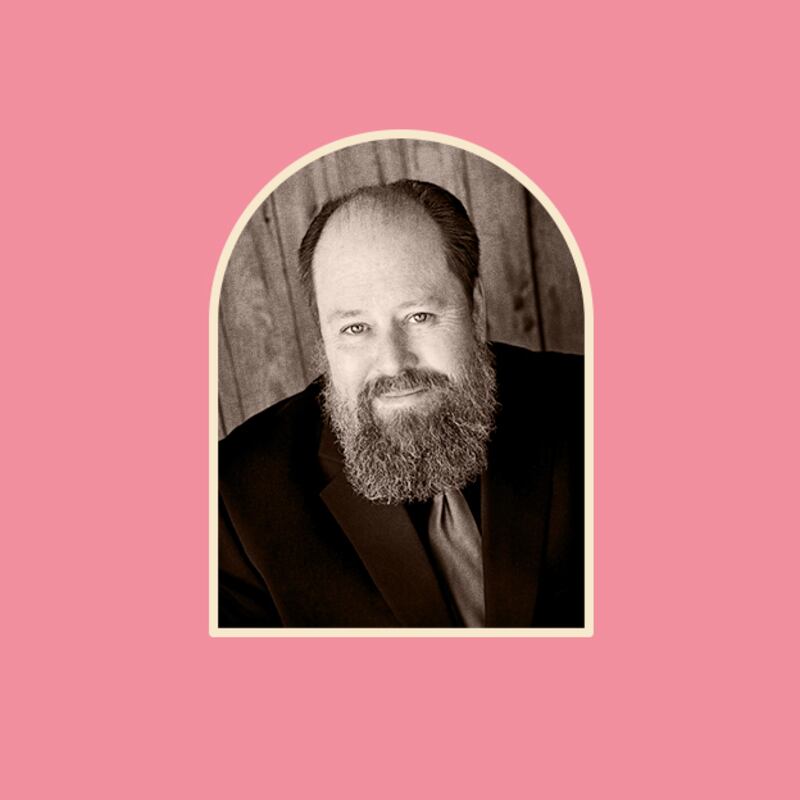
David Bentley Hart
Social visionary
A theologian and philosopher in the Eastern Orthodox tradition who confronted pop culture atheism in his 2009 book “Atheist Delusions,” David Bentley Hart has more recently invited Christians to reconsider their notions of capitalism and socialism, writing that Americans have “succeeded in turning ‘Christianity’ into another name for a system of values almost totally antithetical to those of the Gospel” and overly cherishing the economic motor of self-interest. Socialism, he says in blistering critiques of American culture, has gotten a bad rap.
“The configurations of the old Christian order are irrecoverable now, and in many ways that is for the best,” he wrote recently in Commonweal Magazine. “But the possibilities of another, perhaps radically different Christian social vision remain to be explored and cultivated.”
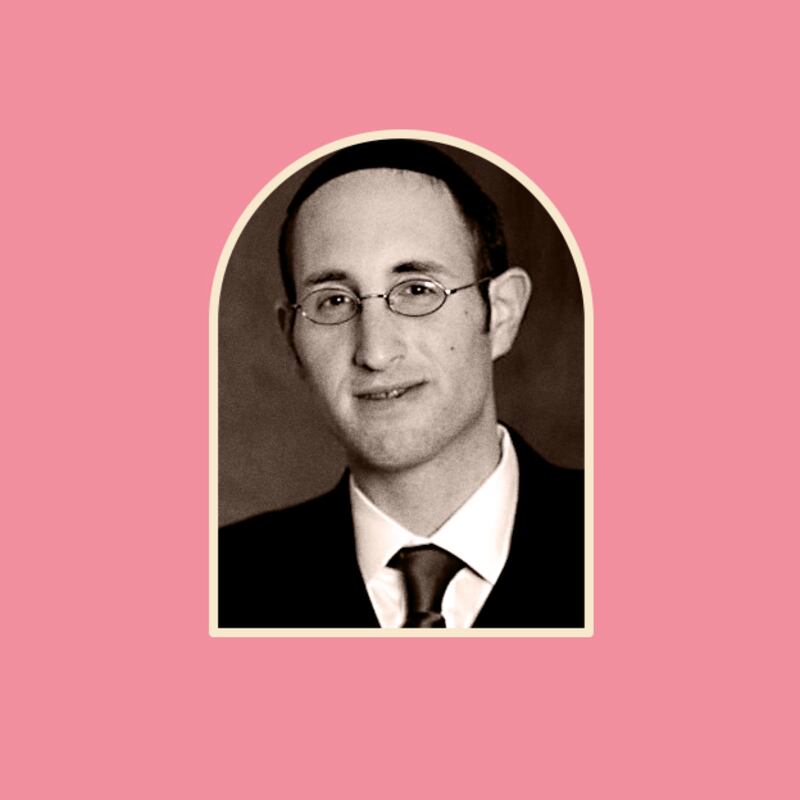
Rabbi Meir Y. Soloveichik
Interfaith facilitator
As a member of the most prominent family in modern Orthodox Judaism, Rabbi Meir Y. Soloveichik was destined for faith-related fame. In 2013, he lived up to that expectation when he took the helm of North America’s oldest Jewish congregation, Shearith Israel in New York City.
Rabbi Soloveichik’s rise didn’t stop there. In the past decade, he’s deepened his connection to his own community through teaching and writing. He’s also branched into the mostly Christian world of religious freedom advocacy to call for mutual support between members of different faith groups.
The Becket Fund for Religious Liberty awarded Rabbi Soloveichik, now 44, their prestigious Canterbury Medal in recognition of his commitment to interfaith relations. As Becket’s board chairman said at the time, despite the impressive resume, Rabbi Soloveichik’s just getting started.
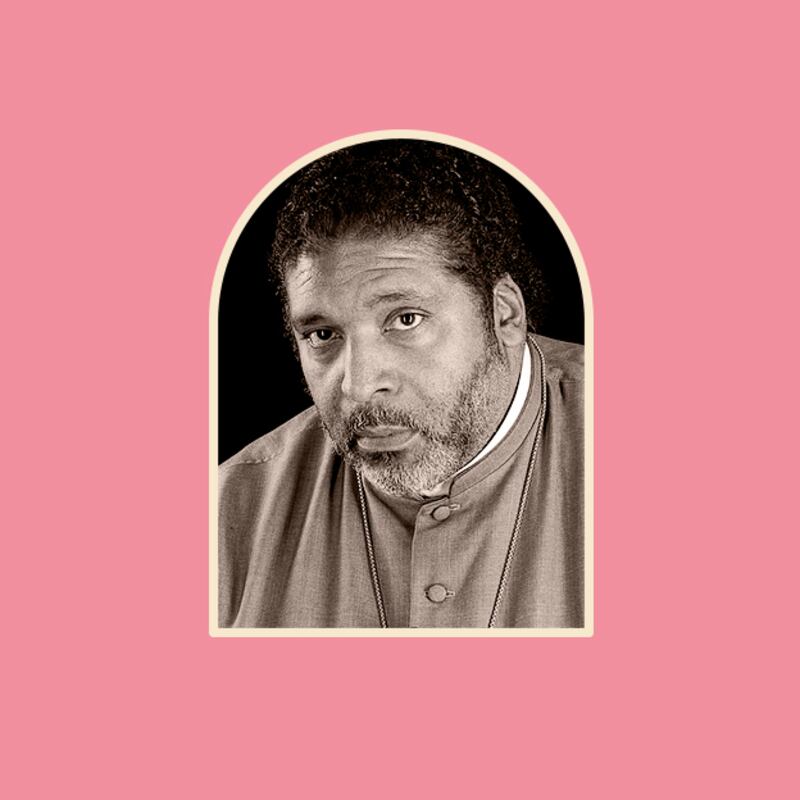
The Rev. William J. Barber II
Protesting pastor
For the Rev. William J. Barber II, living a life of faith means being willing to go to jail. The anti-poverty activist has been arrested more than a dozen times for civil disobedience related to voting rights, racial justice and raising the minimum wage.
The Rev. Barber rose to prominence in 2013 by leading “Moral Monday” protests in North Carolina, but his work today is national in scope. As co-chairman of the Poor People’s Campaign, a project inspired by the Rev. Martin Luther King Jr.’s initiative of the same name, the Rev. Barber is working toward nothing short of a religiously inspired moral revolution.
Although the Rev. Barber is widely associated with the political left, he tries to pitch a big tent. He’s invited everyone from democratic socialists to BYU students to join his efforts to care for the poor.
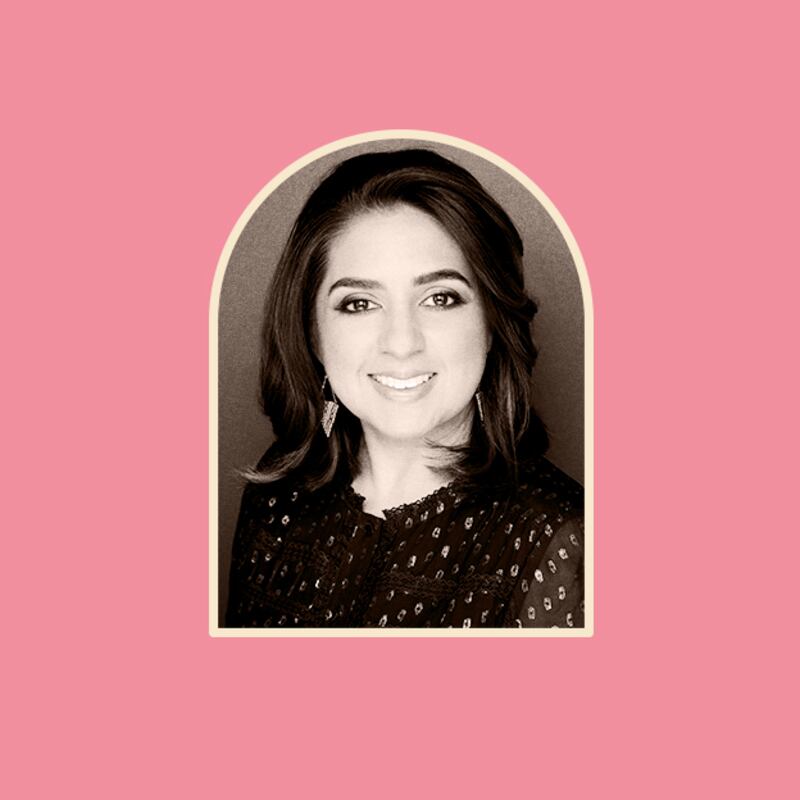
Asma Uddin
The bridge builder
While tackling religious conflict as an attorney, Asma Uddin was struck by how little even self-described religious freedom advocates knew about the law. She was excited by strides made in the courtroom but also well aware that culture was lagging behind. “There needed to be someone who bridged the two spaces,” she says.
So Uddin, who is Muslim, wrote two books — “When Islam Is Not a Religion” and “The Politics of Vulnerability” — demonstrating how those who promote political or religious tribalism are only hurting themselves. “Many Christians are feeling a sense of vulnerability or a sense of being under siege,” she says. But when they lash out at other faith groups, it undermines their own cause.
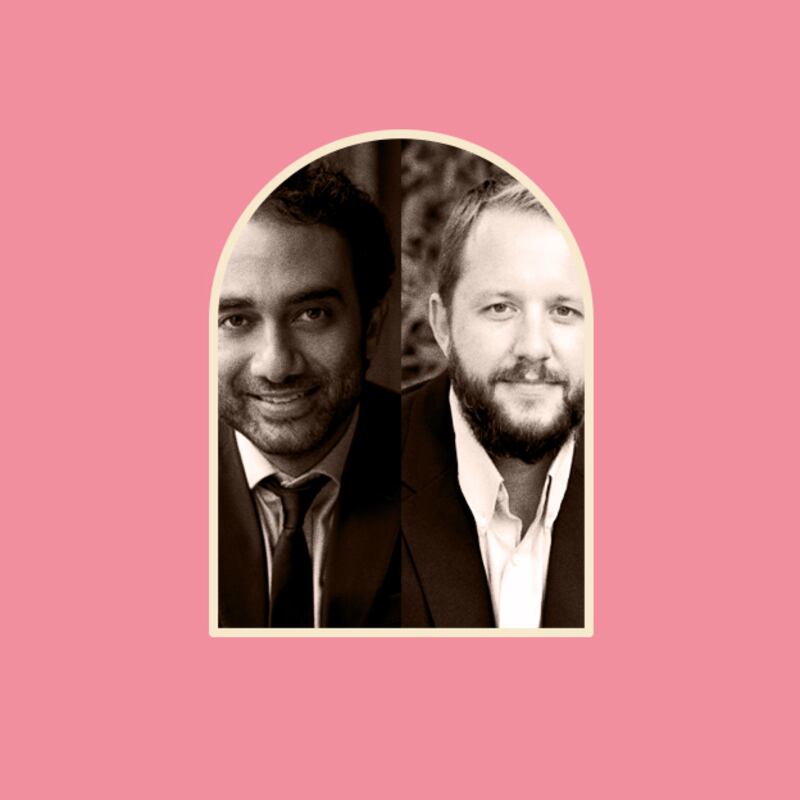
Shadi Hamid and Matthew Kaemingk
Sparring partners
Last year, U.S. church membership fell below 50% for the first time since Gallup’s founding in 1935. Rising secularization is fueling church closures, political conflict and the widespread demonization of conservative people of faith.
Matthew Kaemingk and Shadi Hamid, one Christian, the other Muslim, are trying to improve religion’s reputation in the public square. Together, Kaemingk, director of the Mouw Institute of Faith and Public Life at Fuller Seminary, and Hamid, a senior fellow at the Brookings Institution, engage in scholarship and open debate, showing how to find strength in religious difference.
In January 2022, the pair received a grant to research how deep religious commitments can strengthen democracy. “Matthew and I don’t agree on a number of things. But we don’t see that as a problem,” Hamid says. “It animates and energizes us.”
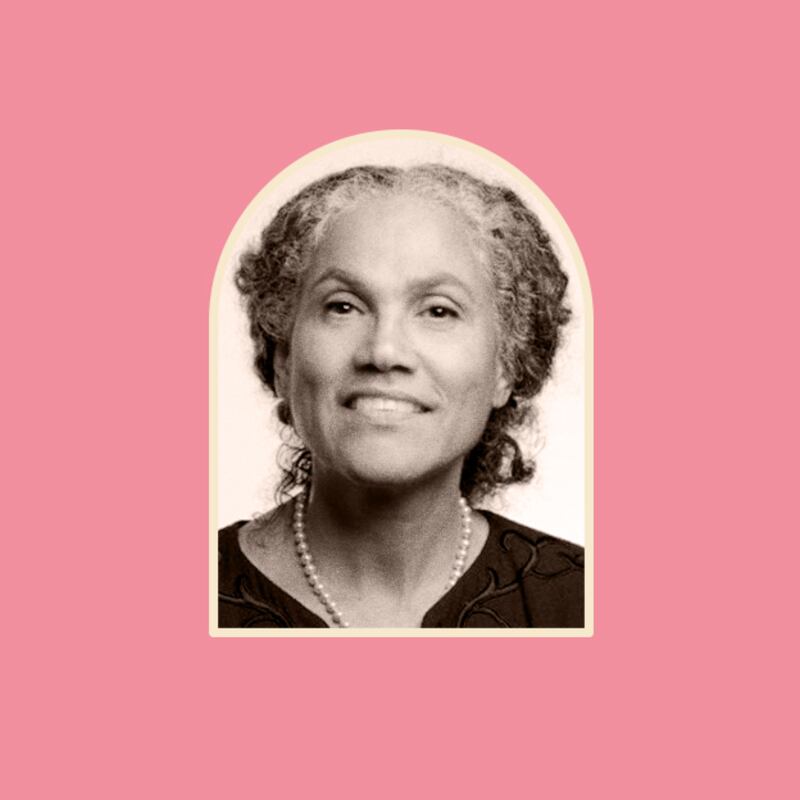
Jacqueline C. Rivers
Justice advocate
Jacqueline C. Rivers spent years partnering with Black churches on racial and economic justice projects before she thought about the laws that helped make that work possible. When she dove into religious liberty advocacy, she realized ignorance went both ways. The faith groups committed to boosting religious rights rarely engaged with social justice efforts.
Now, Rivers, executive director of the Seymour Institute for Black Church and Policy Studies, brings the voice of the Black church to the mostly white, mostly conservative world of religious freedom work. She’s trying to show that diversifying the movement strengthens the case for giving churches the legal protections they need to do lifesaving work.
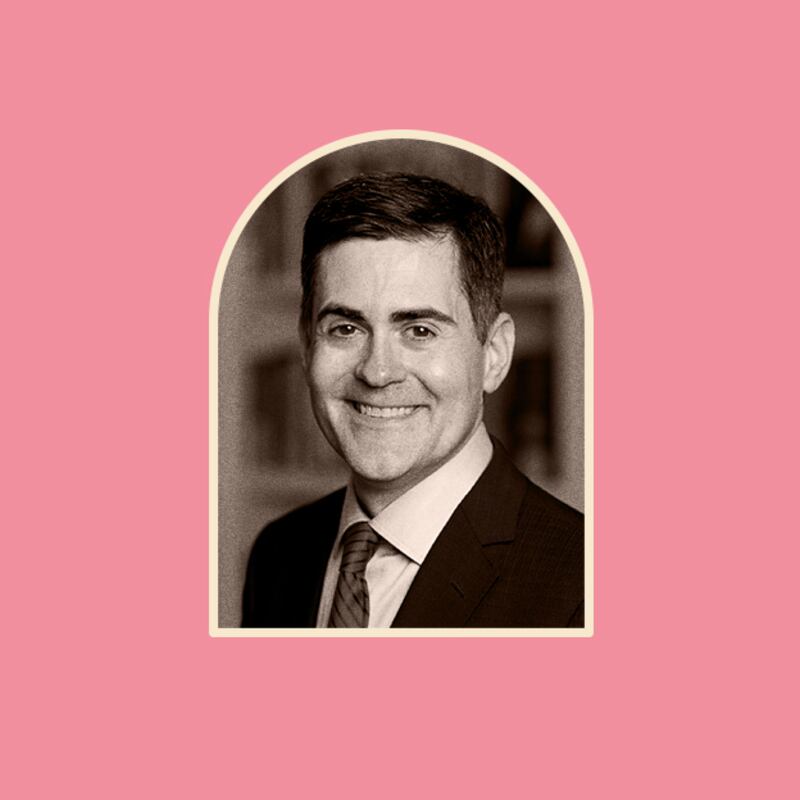
Russell Moore
Conscientious defector
A clean-cut, teetotaling, father of five, Russell Moore doesn’t seek out scandal, but scandal has indelibly shaped his faith and career. As a teenager in the 1980s, Moore watched prominent televangelists fall from grace. As a top leader in the Southern Baptist Convention for the past decade, he saw many of his colleagues refuse to reckon with crises related to sexual abuse and race.
Living through the first scandal helped Moore respond to the second. Last year, he broke with his denomination and became one of the faces of what’s been called the “moral minority” in the evangelical world.
“I initially thought (leaving) would be disorienting,” he says. “Yet I’ve been filled with gratitude every day.”
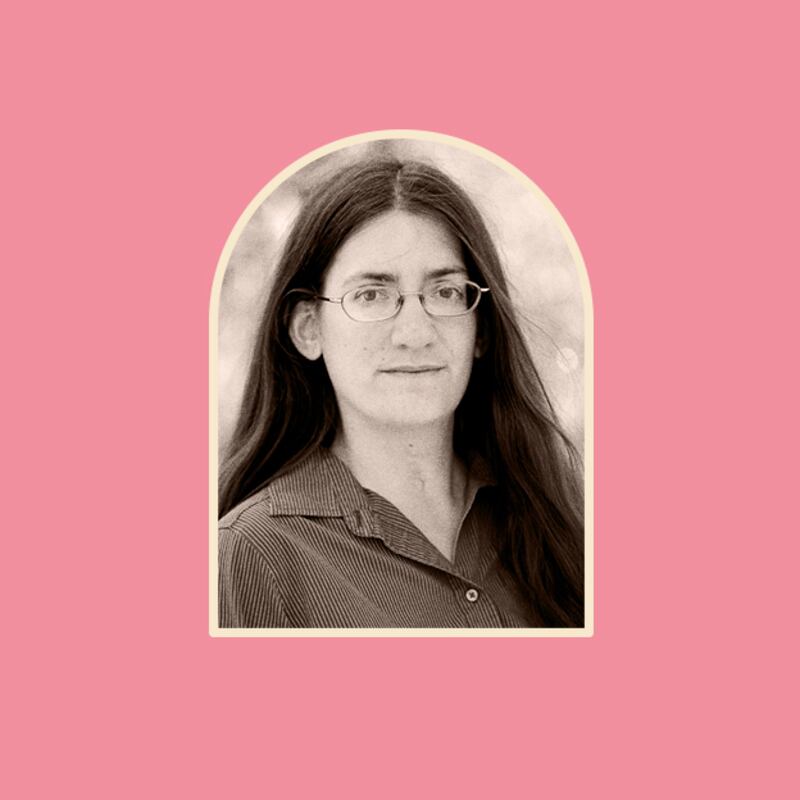
Eve Tushnet
LGBTQ leader
Eve Tushnet was already out of the closet when she joined the Catholic Church. She cites that fact to explain how she found beauty where others felt pain. “For me, faith really was the good news and promise of rescue that Christians always say it is. But it often doesn’t feel like that for gay people who grew up in church,” she says.
Through her writing, Tushnet, the author of “Gay and Catholic” among other books, casts a vision of a world with less shame. She’s helping gay Christians who choose celibacy for religious reasons find self-acceptance and helping others recognize what LGBTQ believers bring to the church.
Scripture and Christian history tell us there are “possibilities for insight, beauty, joy and hope precisely in the experience of being gay,” says Tushnet, who describes herself as a lesbian living as an obedient Catholic.
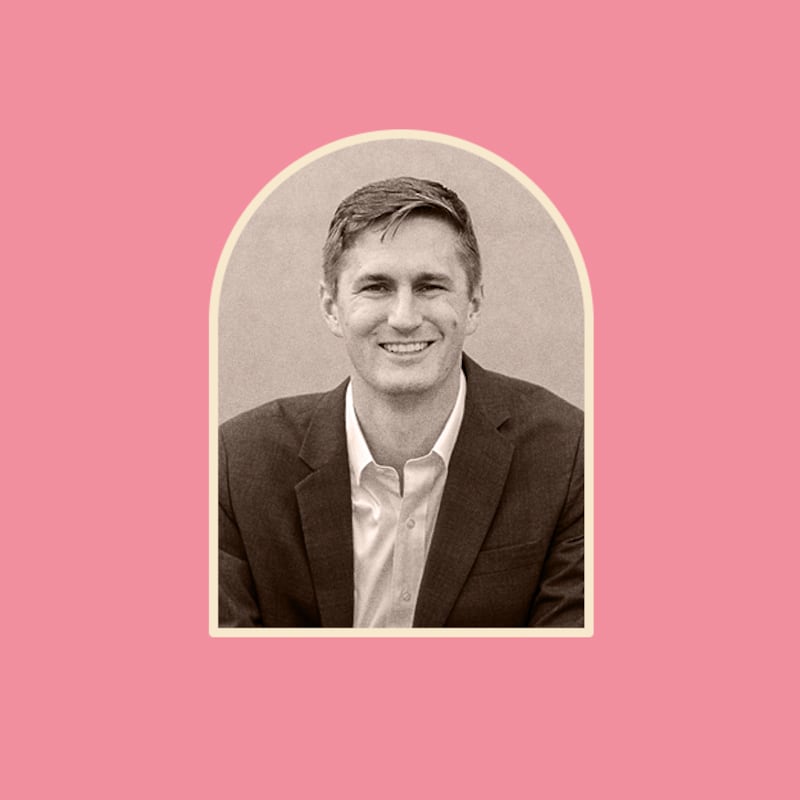
Matthew Lee Anderson
Joyful nonconformist
Matthew Lee Anderson believes in what the Religious Right has to offer. He just can’t stand how it’s being sold.
Rather than engage with their political sparring partners, he says, his fellow evangelicals write them off. Rather than joyfully speak and write on conservative beliefs about abortion, gay marriage and other issues, they favor somber, tragic tones.
Anderson, the founder of Mere Orthodoxy, a clearinghouse for commentary on conservative religion, politics and culture, is calling for — and trying to model — a very different approach. He dares to talk about challenging, controversial ideas with a smile on his face.
“You’ve got to actually want to persuade your neighbors who disagree with you by helping them see that what you have to offer is good news,” he says.
This story appears in the April issue of Deseret Magazine. Learn more about how to subscribe.


